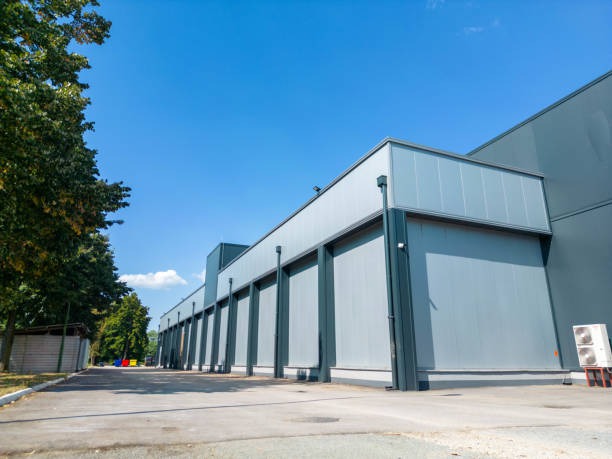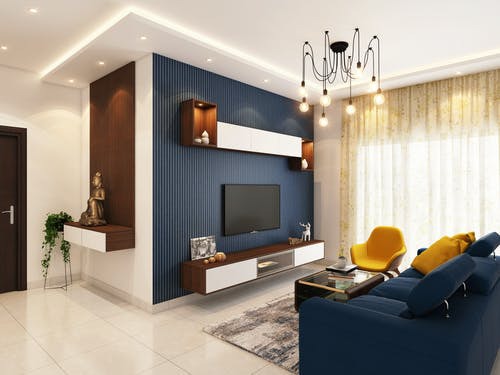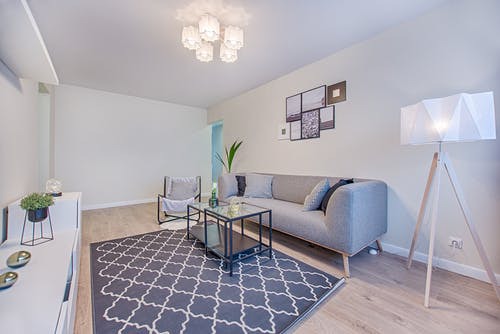
In construction and design, a successful project goes beyond just looking good and being strong. Customizing spaces to fit the specific needs and styles of the people who will use them is crucial. This article explains why customization is now essential in construction design, not just a nice extra.
1. Getting What the Client Wants
Customization is crucial in construction projects, transforming visions into reality by designing spaces to support specific lifestyles or operational needs. Whether for a family home or a creative office, customization ensures buildings are nurturing environments. In specialized projects like cold storage construction, custom design is essential to meet precise temperature and humidity requirements. Customization goes beyond aesthetics, impacting functionality and efficiency. Understanding client’s needs is critical in creating tailored spaces that serve their intended purpose.
2. Maximizing Space Utilization
One of the most compelling reasons for customization is the efficient use of available space. A one-size-fits-all approach often leads to awkwardly configured spaces that don’t necessarily meet the users’ needs. Customization, on the other hand, allows for designing with intent, ensuring every square inch serves a purpose. This is crucial in urban areas where space is at a premium and in specialized buildings where precise configurations are critical for operational success.
-
Designing multi-functional spaces
-
Optimizing storage areas without compromising aesthetics
-
Creating flexible spaces that can evolve with changing needs
3. Enhancing Sustainability and Efficiency
Customization also plays a pivotal role in enhancing the sustainability and efficiency of buildings. By tailoring designs to the local climate and utilizing site-specific advantages, builders can reduce environmental impacts and operational costs. This might involve positioning to maximize natural light and heat, selecting materials for their thermal qualities, or integrating renewable energy sources. Customized designs not only align with environmental ethics but also promise long-term savings and resilience.
4. Reflecting Brand Identity in Commercial Projects
In the context of commercial properties, customization helps embody the brand’s identity and values in the very fabric of the building. This is especially true for retail outlets, corporate offices, or hospitality spaces, where the physical environment plays a critical role in customer and client perceptions. A unique, customized design can become a powerful tool in establishing brand differentiation and loyalty.
Projects such as those led by firms like Griffco demonstrate the importance of customization in meeting operational requirements and crafting an identity and experience that supports the brand’s mission and values.
5. Accommodating Future Growth and Changes
Flexibility for future modifications is another critical aspect, and customization provides significant advantages. Designing with adaptability in mind allows buildings to evolve in response to changing needs or technologies without extensive overhauls. This foresight can save time, resources, and disruption down the line, ensuring the longevity and continuity of the construction.
6. Improving Comfort and Well-Being
Beyond functional and aesthetic considerations, customization significantly impacts the comfort and well-being of occupants. Tailored designs can enhance natural lighting, acoustics, air quality, and ergonomics, contributing to a healthier and more enjoyable living or working environment. This human-centric approach not only uplifts the daily experiences of individuals but can also boost productivity and satisfaction in workplaces.
7. Customization in Action
So, how does customization manifest in actual construction projects? Here are a few examples:
-
A residential project tailored to the hobbies and interests of the family, with custom-built storage for collections, hobby spaces, or home theaters.
-
An office designed for collaboration and flexibility, with movable walls and adaptable workspaces that cater to a dynamic workforce.
-
Restaurants or retail spaces that reflect the brand’s theme through unique architectural elements and interior designs.
8. Embracing Technology in Customization
Digital advancements in construction design have greatly enhanced customization, enabling precise modeling and simulation. These technologies foster a collaborative planning process, involving clients to refine designs according to their preferences. Moreover, they simplify the understanding of what is cold storage, allowing for the creation of specialized environments that meet rigorous temperature and humidity requirements, ensuring the safety and longevity of stored goods.
9. Supporting Local Culture and Community
Custom construction designs that incorporate local cultural elements and use indigenous materials not only preserve community identity but also strengthen the connection residents have with their surroundings. This approach enhances the project’s aesthetic and promotes cultural sustainability, fostering a sense of belonging and pride among local community members.
10. Increasing Property Value
Customization adds significant value to properties by making them stand out with unique features and sustainable, energy-efficient designs that appeal to potential buyers or renters. This uniqueness boosts market demand, translating into higher property values and enabling owners to achieve better returns through higher sale prices or premium rental rates.
Final Thoughts
Customization in the construction and design industry marks a significant shift, emphasizing buildings as not just shelters but as reflections of individuality, business catalysts, and wellness enhancers. This approach ensures unique projects tailored to personal or organizational needs, driven by technology and the increasing value of personalized spaces. Customized designs, facilitating maximized space and functionality, signify the evolving importance of personalization in societal and economic contexts, promising continued growth in the industry’s future.























































